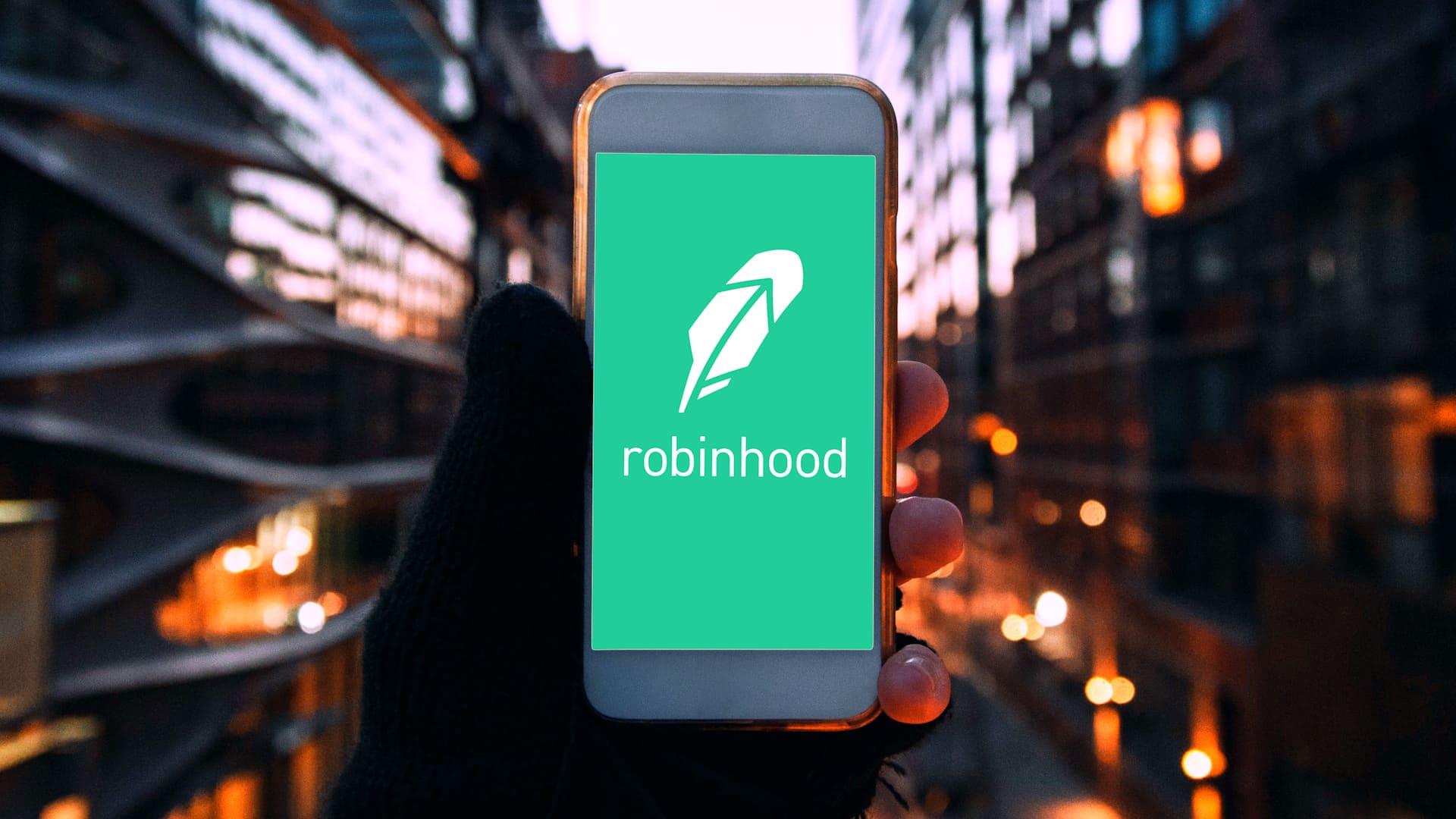This post was originally published on this site

Robinhood on Tuesday reported technical issues for a second day following an outage that kept clients from trading on a historic market rally.
As U.S. stocks traded actively again in wake of a surprise Fed rate cut, Robinhood reported a “major outage” for trading across its platform. Earlier updates on the site said that all trading was “operational,” but Twitter users posted screenshots of error messages as U.S. markets opened Tuesday.
“We are experiencing a system-wide outage,” a message on Robinhood’s website read.
Technical issues began Monday morning and lasted throughout the trading day, leaving users with their hands tied as the Dow Jones Industrial Average’s biggest one-day point gain in history. In a volatile session Tuesday, stocks surged off their lows after the Federal Reserve cut interest rates in an effort to stem slower economic growth from the coronavirus outbreak.
Robinhood had said in a statement Monday evening that the platform was “back up and running” and that it was “testing through the night, and may observe some downtime as we prepare for Tuesday.”
“We realize we let our customers down, and we’re committed to improving their experience,” the company said Monday.
Robinhood was last valued at $7.6 billion after a Series E funding round last year led by DST Global. Venture capital firms like New Enterprise Associates, Sequoia and Ribbit Capital are also investors. Robinhood has ushered in 10 million — mostly millennial — traders by offering free equity, options and cryptocurrency trading.
Many of Robinhood’s users took to Twitter and Reddit to blast the start-up. Some said they would leave the platform, while others threatened a class-action lawsuit.
A Robinhood spokesperson said the outage was caused by “infrastructure that allows our systems to communicate with each other.” That resulted in outages across other services, “preventing customers from using our app, website, and help center,” according to the company.
As far as compensation, a spokesperson said Robinhood was reaching out to customers on a “case by case” basis.
Robinhood’s 44-page customer agreement outlines that it will not be responsible for “temporary interruptions in service due to maintenance, Website or App changes, or failures” and isn’t liable for extended interruptions due to failures “beyond” the company’s control. Robinhood does “not warrant that these channels will be available and error free every minute of the day.”
For Robinhood customers, “it’s most likely tough luck,” according to James Angel, associate professor at Georgetown’s McDonough School of Business. “This won’t stop the class-action lawyers from launching nuisance lawsuits, however.”
Still, Robinhood is a broker dealer and is required by Financial Industry Regulatory Authority and the Securities and Exchange Commission to have a back-up plan in case one of these “temporary interruptions” pop up. A so-called business continuity plan requires the firm to provide “prompt and accurate processing of securities transactions.”
“Even though they may not be liable to the customers, they may still be dinged by FINRA,” Angel said.
— CNBC’s Maggie Fitzgerald contributed reporting.




